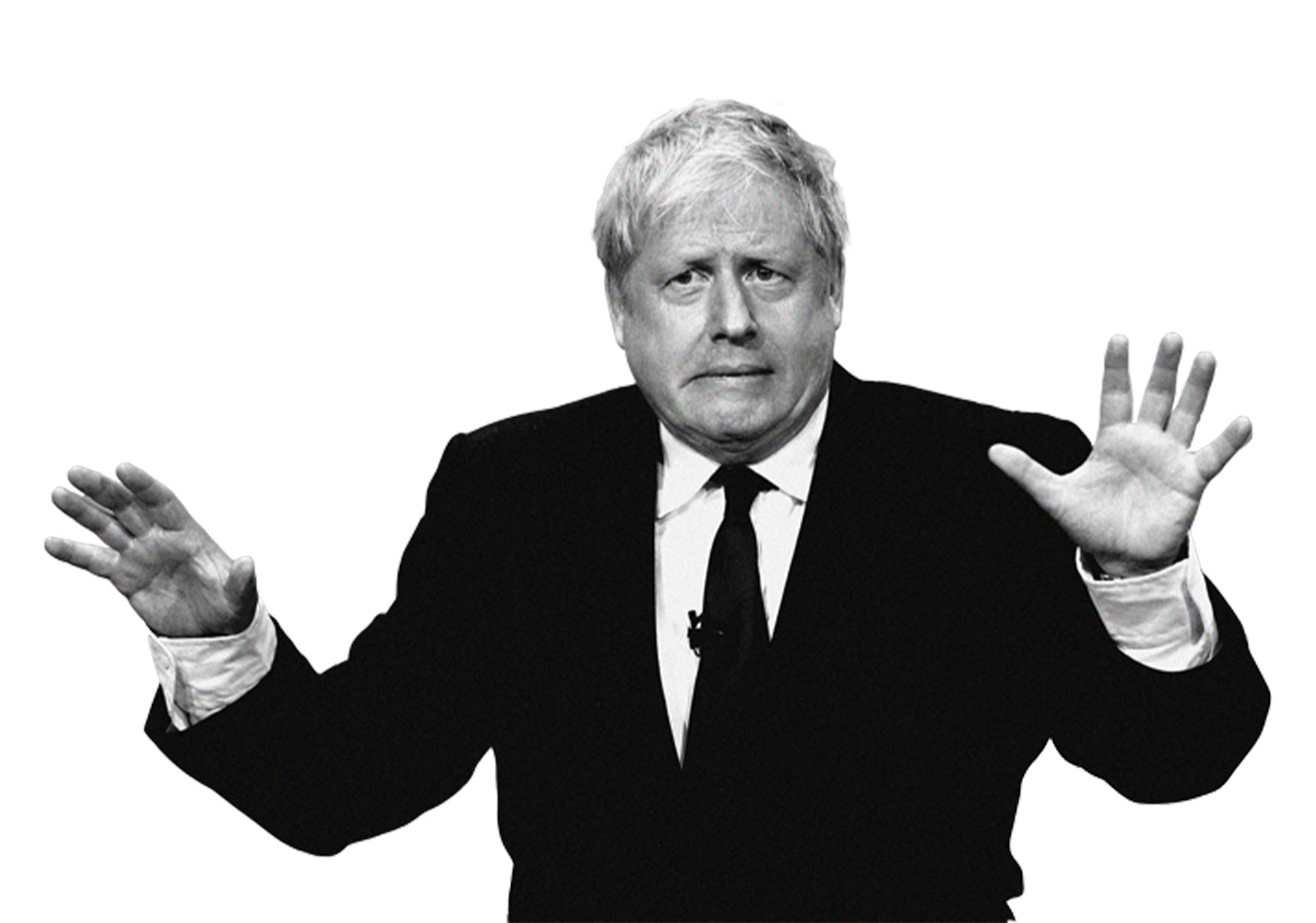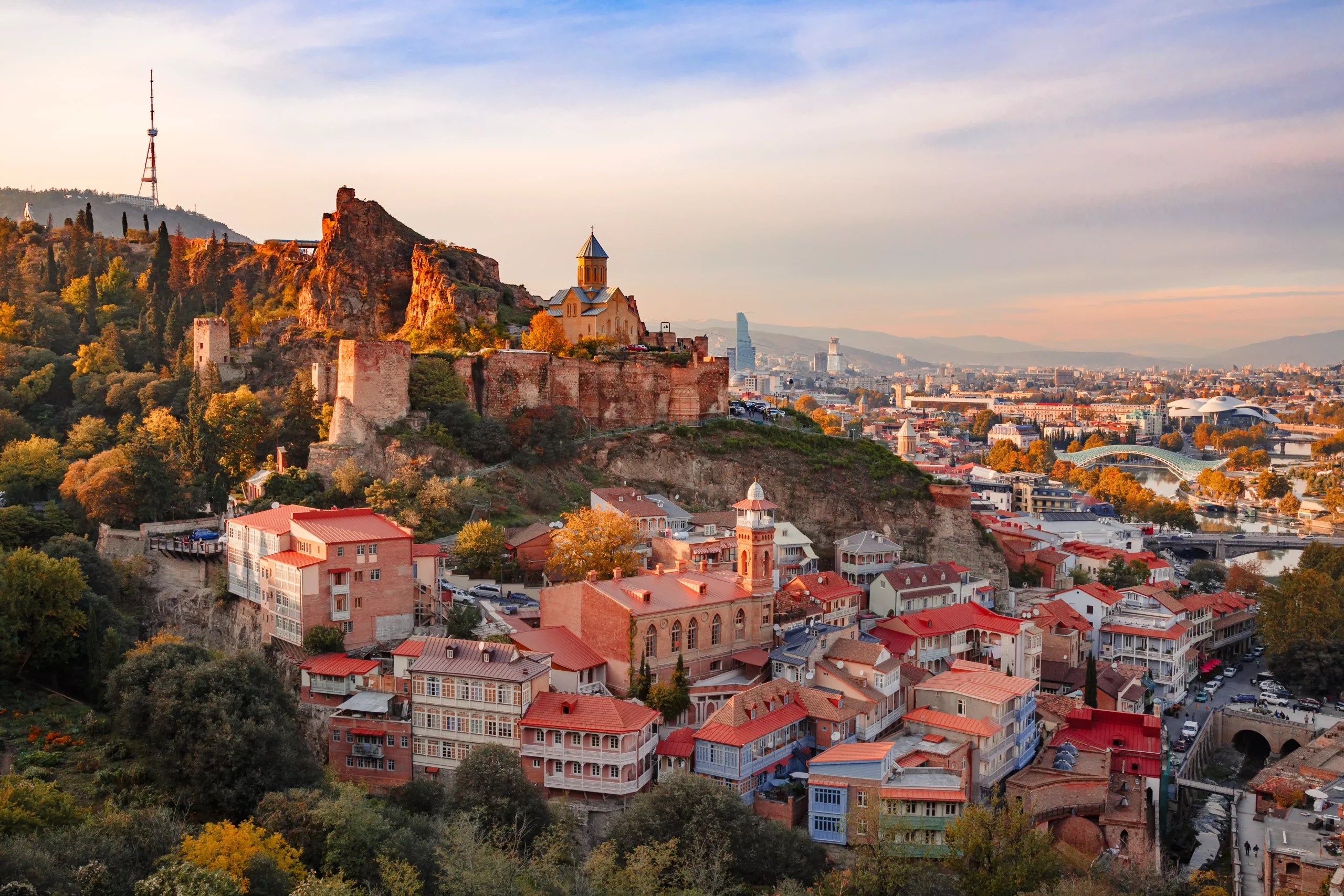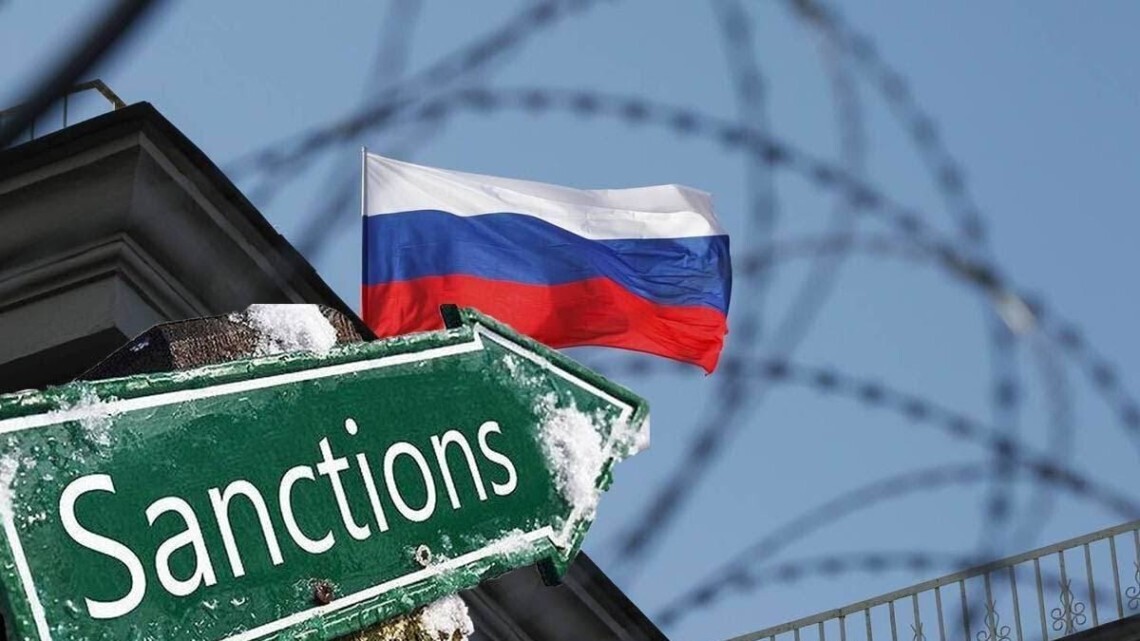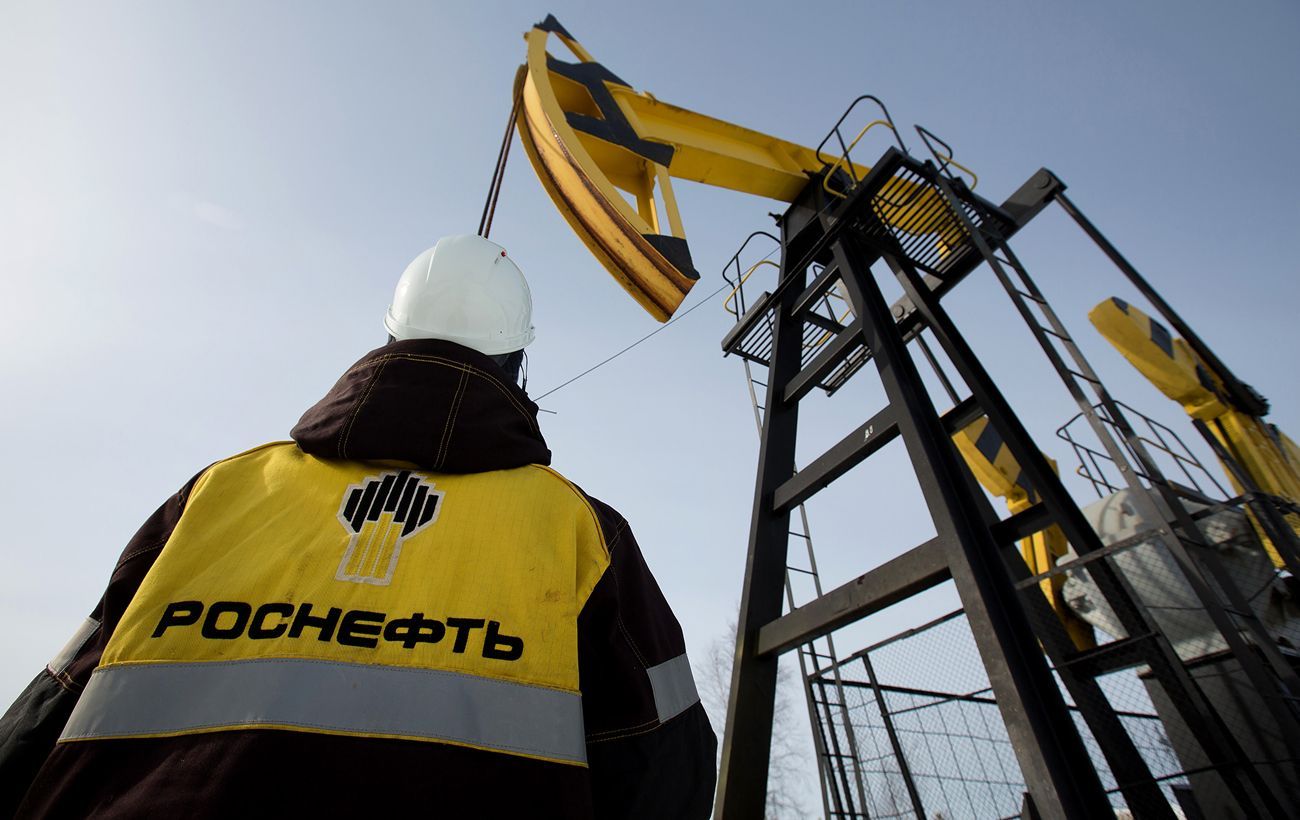“The job of the prime minister in difficult circumstances when he has been handed a colossal mandate is to keep going”
Boris Johnson
Thursday July 7th, 2022, Boris Johnson, the British prime minister resigns. After bringing the biggest majority since Margaret Thatcher, preventing the constitutional crisis in 2019, persevering through Covid pandemic, successfully finishing the Brexit transition, and bringing forth UK as the biggest ally of Ukraine in a war against Russia, Johnson was told to go home by the Conservative party, including his own cabinet members.
Although it is unknown where exactly we will meet Boris again, it is clear that despite serious achievements and unmistakable charisma, controversies and scandals, which have haunted Johnson’s career, have just made him lose his seat.
While Johnson’s ex-allies deny coordination of their suspiciously timed resignations and prepare for the election of the next party leader, the analysis of the early years of the leaving prime minister could shed some light on the reasons behind his vexed decisions and prepare us for what’s coming up next.
Boris Johnson grew up as the oldest out of four children in a very competitive family of Turkish emigrants. His great grandfather was the liberal-leaning politician and a journalist in the Ottoman Empire, who even served as the Minister of the interior for three months in 1919. It is not surprising that Boris, who was exposed to such a family environment was able to develop the resilience, instincts and zeal that is demanded from a successful politician. As his sister recalls when asked who he would like to become when he grew up, Boris would reply “The World King”. This childish phrase could truly be considered as a reoccurring theme in the path of Johnson towards his ‘lifetime ambition’.
Then came the Eton-Oxford education: despite his distinct image, which sometimes leaves an impression of clumsiness, Boris developed the intelligence to use this only to his advantage. In a BBC interview, Johnson has mentioned that sometimes it is a plausible tactic in life to ‘give a slight impression that you are deliberately pretending not to know what is going on, because may be that you don’t know what is going on, but people won’t be able to tell the difference.’
Surprisingly, or not, Johnson’s years in Oxford also seem significant: The expressively right-wing Oxford Union member, who lost his first election for the presidency, came up with an idea to collaborate with the center-left party, by becoming the ‘blank screen on which the political views could be projected.’ This clever trick turned out to be the key to his victory and not just for the case of Oxford Union. When it came to right-wing reforms or BREXIT arguments, Johnson’s rhetoric was vague and misleading. Just before his campaign for leaving the EU, which also turned out to be a decisive battle against David Cameron, Johnson wrote two columns for the New York Times, one pro-leave, another pro-stay. While this decision led many to doubt how could Boris make up his mind in days, the reason behind such tactic could very well be the intuition and experience from the past. The biggest majority since Thatcher doesn’t just end up on anyone. It is the realization that only through winning the hearts of the swing-voters, who have repeatedly played the key role in defining the victorious party, could ensure the long mandate for Boris and his plans. Right-wing statements and left-wing steps could simply be the compromise for the cause.
With such a clever tactic, Boris Johnson has repeatedly demonstrated the ability to ‘sell’ and market his candidacy. Despite the probable rivalry with David Cameron, which could be traced back to the university years and first political steps, Johnson and his potential kept him on extremely responsible and highly demanding positions even when Cameron was a prime minister. Whether it’s a mayorship of London during the 2012 summer Olympics, or the position of a prime minister during Covid pandemic and the Russian-Ukrainian war, Johnson was able to stand out from the crowd and propel his reputation despite constant scandals and a fierce opposition. Just as he used to get more laughs by not knowing the script of a play at school, so were his funny moments only helping him gain popularity. As David Cameron put it: “If any other politician anywhere in the world was stuck on a zip-wire it would be a disaster. For Boris, it’s an absolute triumph.”
So, what exactly caused the fall of Boris Johnson?
The answer is his private issues and scandalous actions. First came the scandals during his first steps in politics. The Conservative party member enjoyed a strikingly ‘liberal’ private life. In 2001, Johnson was accused of lying about the private affair which he falsely argued was inexistent. What is more, he was kicked out of the New York Times for inventing a quote. Such behavior cost him his senior position in the Conservative party.
The scandals with the mistresses followed. Reports reveal that when he was the foreign secretary, Johnson tried to push the candidacy of his now wife – Carrie Johnson – for the post of his chief of staff.
Then was the pandemic. The leader of the country must always serve his duty with the utmost responsibility. Boris Johnson, however, was quite reluctant to follow the rules and regulations established by his own government during Covid pandemic. Unfortunately, photos of partying Boris and the name of ‘Partygate’ were neither the first nor the last shatters in his reputation.
UK government was comparably slow to react to the lockdown and while this could be a controversial decision, the non-attendance of the crucial meetings about the disease in the early days of Covid, which nearly killed Johnson himself, was an openly irresponsible action. Less parties and more summits during the pandemic would definitely give him the credibility he so desperately needed just hours before the resignation.
But since none of the serious scandals stopped him from becoming the prime minister and preserving the power for nearly three years, we no longer believe his ‘hasta la vista’ to be simply a threat. With the upcoming election of the NATO Secretary General, any credible politician would think twice before calling Johnson a ‘done deal’.
Still, Johnson’s key role in the ‘Leave’ campaign is another disadvantageous factor when it comes to the short-term economic overview of the bequest of Johnson’s time on the Downing Street. The inflation has reached 9.1% and is heading for 11% in October, with The Bank of England announcing the biggest interest rate hike in 27 years. While issues were consequent, sudden and serious, experts doubt the ‘somewhat credible’ prime minister did not have a robust plan to increase the agility of the English economy. Not respecting the power of expectations in Economics is the biggest mistake a leader can make when it comes to crises.
For now, all we can do is analyze the past and contemplate about future. While the scandals were solid and decisions risky, Boris Johnson will always be the person who brought BREXIT. Sometimes, it not the matter of making the right decision, but of making a decision and doing everything for it to be the right one. Despite the dirty politics with which his ex-allies turned against their prime minister, Johnson is still the person with ‘guts’ to say, to act and to accomplish. The long-term economic benefits can’t be foretold, but the decision is made.
For all the troubles, problems, risky decisions and the fear that Boris Johnson is the most dangerous man to hold ‘The Nuclear Button,’ the prime minister is leaving his seat with zero oil, gas or coal imports from Russia since the beginning of the war, a defeated pandemic, unconquered Ukraine and a more reliable fiscal policy than that of the EU, which still cannot refuse the dependence on Russian Energy. While politics remains dirty and unforgiving, Johnson has yet again gained important experience and certainty to fight for making a difference. It is now neither the matter of being a prime minister nor of being handled a colossal mandate. The key is to keep going.

David Tvalavadze
David is GZAAT Graduate and a sophomore at Bocconi University in Milan, Italy.












